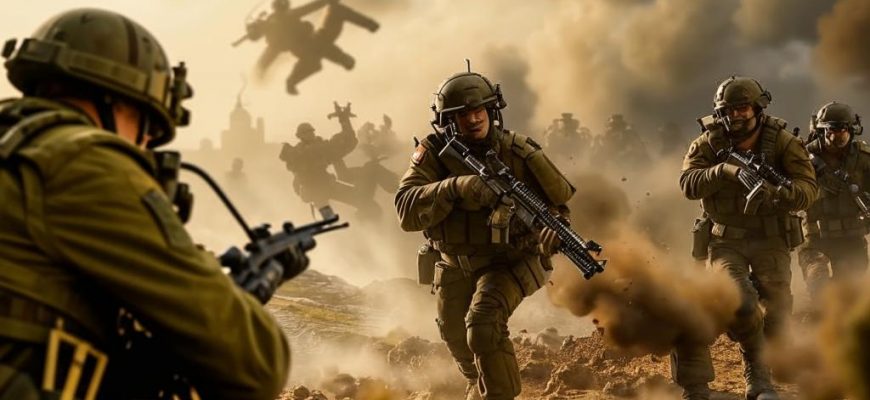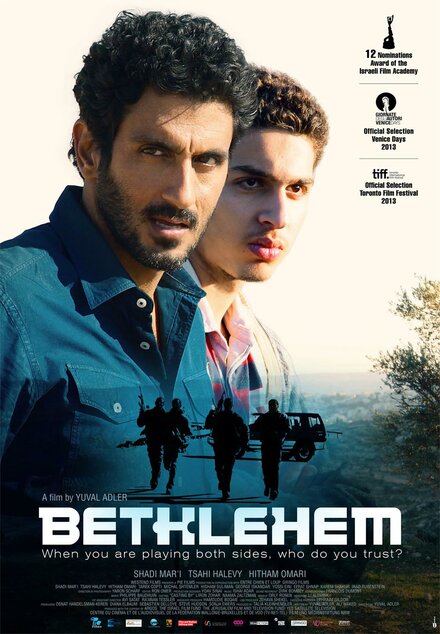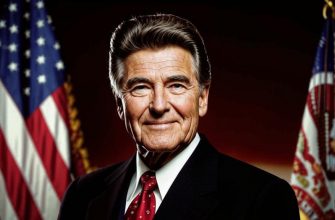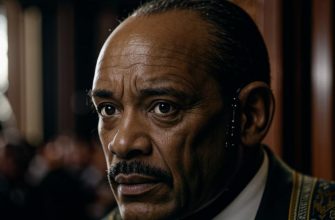“Lebanon”, 2009
Director: Samuel Maoz

Directed by Samuel Maoz, this film is almost entirely set within the confines of a tank during the first Lebanon War in 1982. It presents a visceral and intense portrayal of the fear and claustrophobia experienced by the crew, reflecting on the horrors and psychological toll of warfare.
Starring: Yoav Donat, Itay Tiran, Oshri Cohen, Michael Moshonov, Zohar Strauss, Dudu Tassa, Ashraf Barhom, Fares Hananya, Raymond Amsalem, Byan Anteer;
Production year: 2009;
Genre: drama, war;
MPAA rating: r;
Duration: 93 min.;
Rating: IMDB: 6,9;
More information about the film “Lebanon” on the website imdb.com
“Bethlehem”, 2012
Director: Yuval Adler
Directed by Yuval Adler, this thriller explores the relationship between an Israeli Secret Service officer and his teenage Palestinian informant. The film dives into the complex and morally ambiguous world of human intelligence, capturing the tensions and conflicts that arise from the Israeli-Palestinian issue.
Starring: Tsahi Halevi, Shadi Mar'i, Hitham Omari, Michal Shtamler, Tarik Kopty, George Iskandar, Yossi Eini, Efrat Shnap, Karem Shakur, Ibrahim Saqallah;
Production year: 2012;
Genre: thriller, drama, war;
Age: 16+;
Duration: 99 min.;
Rating: IMDB: 7,1;
These films, with their diverse approaches and perspectives, offer a multifaceted look into the lives of individuals within the Israeli army and the broader implications of their service on themselves and those around them.
The exploration of the Israeli army through the cinematic lens has produced an eclectic mix of narratives that range from the deeply personal to the broadly political, offering audiences around the world a multifaceted understanding of not only the military organization itself but also the human stories within and around it. These films, by delving into the complexities of duty, the weight of history, and the struggle for identity, not only shed light on the specific experiences of soldiers and the society from which they come but also touch upon universal themes of loyalty, sacrifice, and the quest for peace. As diverse as these stories are, they collectively contribute to a richer, more nuanced conversation about the implications of warfare and the nature of heroism. By providing a platform for voices from various perspectives—be it through the eyes of the committed soldier, the conflicted conscientious objector, or the anxious family member waiting at home—cinema continues to be a powerful medium for understanding the realities of military life in Israel and the ongoing conflict that shapes it.










